
Boy,
Leonardo DiCaprio sure does get attached to his directors. He’s
been inseparable from Scorsese for three films, and now he’s all
chummy with his BLOOD
DIAMOND director, Edward Zwick. We call him Ed because
we’re in
Hollywood
. The two were a duo on the press rounds for their film. DiCaprio
plays a South African smuggler looking for a valuable diamond. To
find it, he promises a persecuted fisherman (Djimon Hounsou) to help
him find his family, who have been separated by corrupt militia.
Their journey together calls his whole “look out for number one”
lifestyle into question.
The
star and director were good about letting each other speak, often a
problem with some interview pairings. Each were able to drop their
message about the film within pointed questions about the touchy
subjects it covers. And Leo was dreamy.
| Leonardo DiCaprio |
Edward Zwick |
 |
 |
Did
you anticipate the ferocity with which the international diamond
industry has come out against this film?
Edward
Zwick (EZ): Well, we knew that there were things that had happened
in the past that people would have rather forgotten, but their job
is the image of their product and the notion that they have devoted
many, many millions of dollars to that image is not surprising.
Leonardo
DiCaprio (LD): I didn’t anticipate it, no, but when you approach
situations like this, these are things that are based on real events
and we are depicting a time in recent history where diamonds
resulted in a lot of civil unrest in these countries.
I had never anticipated, no, that that it would be this
intense by any means.
What
was your knowledge before doing this movie? How much did you learn
before the process of the movie?
LD:
I think I was like anybody else, I had heard whispers of it, but
until I got there and until I started to do the research I didn’t
really quite understand the immense impact, certainly on
Sierra Leone
and other places in
Africa
. I had heard, certainly, the Kanye West song for example and bits
of it in conversation, but it wasn’t until I really got to
Africa
where I heard the firsthand accounts and started to read the books
and learn about it, that I really learned what was really going on.
What really had happened.
EZ:
I think one of the privileges of being a filmmaker is the
opportunity to remain a kind of perpetual student. And I had known a
bit of what had happened there, but the access that one gains from
experts, to people who have devoted their lives and put their lives
at risk to learn these things, is such a remarkable opportunity and
it became an odyssey to me. I immersed myself in this field. I went,
met victims and victimizers. Smugglers, mercenaries, traders and
politicians. And it was just the most incredible opportunity to
delve deeply into a place and what one hopes is that you honor that.
You
honor those people. That you do well by those who know much more
than you. I was very, very lucky that I encountered a man named
Sorious Samura who is a journalists from
Sierra Leone
who had made the documentary CRY FREETOWN, which was the
award-winning documentary. In
fact, he became British journalist of the year and won a
Peabody
prize for it. He and I
connected through the most wonderful serendipity and he became my
consultant on the film. So,
I was helped by so many people throughout the process and that was
one of the treats of it.
Leo,
what was your motivation to do this movie? Was it the social
message?
LD:
First off on the script, it was such a powerful character. It was
such a powerful storyline and that’s what you look for first. I
wasn’t personally going out seeking films with a social and
political message just to do it for the sake of doing it. It has to
have an entertainment value. It has to be a good movie and it has to
convey a message without the audience feeling they are being
preached to and I really felt this script accomplished that. And to
me it was very representative of a huge sort of issue in the world
today of corporate responsibility and what these corporations do and
certainly
Africa
has been a prime target for it.
All
the way to gold and rubber and all kinds of other natural resources.
And here was this character that was exploiting others that were
less fortunate than him, dealing in the black market and not really
being conscious of the world he lives in.
And I just felt it was a really powerful character. I felt
the dynamic between Djimon Honsou’s character and my character was
— it was based on an earlier script and it was really Ed Zwick and
Marshall [Herskovitz] who learned about the diamond trade
specifically and brought the political aspects into this story, but
in a way that I didn’t feel was preachy. In a way that I felt was
authentic. So, of course, it’s always great to do a movie that you
find is entertaining, but also can give some sort of political or
social message and I felt this movie did that.
Have
you left boyhood behind? Are you a man in movies now?
LD:
As far as growing up, what can I say? I have to be honest, I never
thought about that ever throughout the entire course of my career
about choosing a specific role because it would make me seem more
man-like. Even with roles like CATCH ME IF YOU CAN, I was 8 years or
10 years older than the character I played. It was an interesting
character and I knew that as well that to be playing a character
like that may be one of the last times I could be playing a
character like that.
I
think these things are really something are intangible, that you can
never really control. You
do these movies, you give it out to the world and you really have no
idea how people are going to react to you [or] the subject matter.
I’ve been in plenty of situations where I thought the film
would turn out one way or my performance would be looked at one way
and it was an entirely different situation. Once you make these
movies you give it out to the world and you guys get to pick it
apart.
How
did you go about getting your accent?
LD:
Spending a lot of time with the locals, drinking beers with them.
Hearing their stories. A lot of guys from the South African
military. I got to hang out with this military expert and just
listening to them talk. And of course, I had an accent coach and he
was there, guiding me through it, but we had conversations with
these people. Listening to their stories, made them say sentences
over and over again. That’s just the kind of thing you do.
I wanted to definitely go to
Africa
early, because that whole area was completely alien to me. I had
never really spent any time in
Africa
, let alone a white South African man and their stories and accents.
It was completely alien when I first heard of the film. It
was about going there.
EZ:
I would add only one thing about what he did. He’s modest. He was
capturing these voices and able to immerse himself so completely so
as not to just give it the right ear, but to act within it and even
to improvise within it so he could inhabit the character and a lot
of the things you seen that film are things Leo himself came up with
or suggested based on what he learned about the dialect and all
these little bits of nomenclature and the little things that come
into it were also from him.
Have
either of you been back?
LD:
We just got back!
EZ:
We were there for six months.
LD:
For me, Djimon and I became very close.
I mean, it is going to be a lasting friendship for me. Ed is
my friend too, by the way. [Laughs.]
EZ:
Sorious and I, I think. formed something very important. I have not
had occasion to go back yet, I had been there before. There were
some remarkable people, more than I have the opportunity to mention.
We were in
Mozambique
as well as
South Africa
and also went to
Sierra Leone
, so it was just this huge, huge opportunity.
Can
you go back there for the premiere?
EZ:
I don’t think we can. It’s simultaneous to all this happening.
Being
in contact with
Africa
and the poverty, how has all that changed your own life?
LD:
Certainly playing a character like this who, as I said, was taking
advantage of the poverty around him and taking advantage of the
continent, it posed for a lot of, what’s the word? It was
uncomfortable as an actor to portray this man in front of an African
crew in locations like
Mozambique
where there was a tremendous amount of poverty.
Mozambique
is a country that is having an economic resurgence, but four out of
10 people supposedly have HIV or AIDS. What I was left with after
spending time with
Africa
, and this is not at all to sound trivial, but it really was the
power of the human spirit there.
The
fact that these people have been through so much, they have been in
a civil war for 30 years, the poverty rate, but literally, people
were still dancing in the streets. The joy, the energy, the
happiness they exuded to everyone was unbelievable and it made me
come back home and sort of not want to listen to anyone’s
problems. I don’t want to hear what we as Americans have to deal
with. When you are immersed in a place like that for six months and
you see the extreme levels of what people have to deal with there.
Yet they are able to keep a positive attitude.
You just don’t want to hear people’s problems out here
anymore.
For
research, what other stuff did you do besides the dialect?
LD:
There was a lot of military training too and we had a great stunt
team too. We did a lot of faux military activities of hunting in the
bush and tracking in the bush. What
it was like to track in the bush.
Hanging out with a lot of guys in the South African army. And
really, that was really the tough stuff, getting that military
background, because they are some of the best trained guys in the
entire world as far as tracking is concerned and living in the bush.
I
didn’t go out and live in the bush for them a week or even a day,
but it was a matter of doing these exercises with them. Like I said
before, a lot of spending time and hanging out with them and hearing
their stories. There is
a certain amount you can get from books.
You need to speak with the real people and ask specific
questions that affect your character. Questions you have about your
character otherwise you’d be skimming through hundreds of books
trying to get that specific answer.
What
impressed you the most about Africa?
LD:
What I was really overwhelmed with by Africa was its tremendous
natural beauty. I got to go to some pretty amazing places. Every
other weekend we got a day or two off and go on a safari or the
natural wonders of Africa and if anyone gets the opportunity to go
there, it’s something you have to do in your lifetime.
Ed,
can you talk about the casting process that brought you to Djimon?
EZ:
Well, to me, Djimon is no longer any kind of a secret having done
such extraordinary movies, but they were always parts that were
always shining in brief doses. And I think the opportunity for me
and for him was to explore a nuanced performance that goes overtime,
that allows him to demonstrate a lot of other colors and I think
there is no substitute for someone who understands in some almost
cellular level, what a part is about.
He is a west African man and he could at times hear music
that I could only dream of. At
times he was in some sort of rapture about what was happening there.
And he, as much as taking direction from me, I think he also taught
me things that I was able to use in the movie. And as a
collaborator, I know Leo will say something quite similar.
LD:
I mean, his character is really is the heart and soul of the movie.
The story of a man trying to find his son. And he embodied this
character and the word is electrifying, the intensity that he gives
in his performance. What can I say? He and I were kind of alone on
set and it was me and him and there is no other actor who could have
given this performance. He
is astounding in this movie and the energy and the intensity that
you get off him as an actor, you get to play off each other every
day. He is quite a brilliant actor.
EZ:
They also went through great physical trials together.
They were in the mud, they were doing these stunts. Every
day, just because Leo had somehow in the middle of the shoot
contrived there were going to be four days off and as we were in
some swamp or some horrible place, Leo would come by.
LD:
Djimon and I would sit there and talk about the different kinds of
hot chocolates you can get in Paris and croissants and chocolates
and dream like two weird women on pastries.
EZ:
I think while you were away you left a phone message when Djimon and
I were still in the muck and you left a message where you were
imitating Edith Pilaf.
Did
you get injured on set?
LD:
Yeah, Djimon got banged up, I hurt my knee. There are some of the
sequences in this movie that Ed set up. A full week of squibs and
diving behind cars. I don’t know, you talk about that, because
I’ve never been in an action sequence that was that well
choreographed.
What
about TITANIC?
LD:
Well, action. That was a
big boat…[Laughs.]
ED:
Well, they both played with pain. They played hurt and that’s the
really the best thing you can say about someone who gives themselves
utterly and they both did. You
can only do that if somebody commits completely.
And had it been two other actors, many of whose names I could
think of and so could you, who were doing those parts, we might
still be in African shooting.
When
was the last time you bought a real diamond?
And has this movie changed your mind about them?
LD:
I don’t remember the last time I have. My mom is the only person I
would buy one for. And
she for a while now hasn’t wanted one.
But, that isn’t to say people shouldn’t.
Look, these come from my conversations with Global Witness of
Amnesty International. You have to go into the stores where you buy
these diamonds at and ask for a certificate and ask for some
authentification that this isn’t a conflict diamond and you have
to as a consumer use your best judgment to say, “You know what? I
believe you are being truthful in what you are saying and I see the
document and you’ve proved to me this isn’t a conflict
diamond.”
That’s one of the biggest way this whole process can be stopped.
Does
it mean people shouldn’t keep buying diamonds?
LD:
Does it mean that? I
don’t know. Probably
not. But that isn’t to say consumers shouldn’t go out and do
that. They should just use their best judgment and ask the right
questions, because ultimately diamonds are a source of economic
stability in Africa. But what they are specifically trying to target
are these conflict diamonds that have funded these sort of warlords
and civil strife in Africa. It’s about stopping those specific
diamonds.
EZ:
It’s a rare opportunity to actually have an effect. Because it was
awareness that helped bring this process about and it will be
heightened awareness that will help it. And that’s not always the
case in the world. But in this particular case, if that awareness is
increased than things will get better. So, it’s an individual
choice, but it has to be an informed choice.
Other
African themed movies this year had both white and African
characters, CATCH A FIRE came out and bombed.
Is there an economic imperative to have a white character in
this film?
EZ:
You know, ironically that’s not where we live as artists. We just
try to tell stories. It’s for others who finance these movies to
make those decisions. This
happened to be a story about two African men and to tell one story
without the other it wouldn’t have be the same story. It’s not
as if we had a story about a Mende fisherman and then said, “Oh,
we need a white guy in it.” The irony, I think, is that such
movies as you describe all began their development years ago. It
takes a very long time for these things to come to fruition.
And
I think it’s not a surprise that artists from a lot of different
circumstances might be plugged into some unconscious or some
collective unconscious that would lead them to focus on this place
and this moment. But it’s not now, it’s not as if it’s a
sudden trend people have jumped on.
It’s something that has begun a long time before.
Ed
said you are playing with pain. Why would you do that?
Is it an addiction?
LD:
I’ll tell you, quite honestly, it comes from being a fan of this
art form, of film. It really is. I mean I think this is the great
modern art form in my opinion. There have been 100 years of cinema,
but there is so much still to be done. And I am a fan of movies and
there is something about watching film that is burned into celluloid
for all time that is now a piece of history. You go watch, being a
fan of classic films and my children and their children are going to
be watching these movies.
To
make a great movie is such a combination of different things that
need to come into play to actually make a memorable film and not
have a film to fall by the wayside. To have something live on during
the years. And one of those elements is the commitment the actors
have to their performance. It doesn’t always come into play, there
have been a lot of great performances in the past in films that
weren’t great, but if you are lucky enough to get that combination
together and be in a memorable movie, that to me is like being a
part of a piece of art that is going to last forever.
You
said “my children.” Are you hiding something from us?
LD:
Of course! [Laughs]
Can
cinema really change people’s minds about issues?
LD:
I don’t think it’s too much to hope for at all. There is
tremendous capability there. Certainly in the world of documentary,
absolutely. I look at
films like FAHRENHEIT 9/11 and numerous other films that have
changed political climate. But I think there is a tremendous role to
be played in that respect, but that’s the key thing. Not to
comment on this film or talk about how great this movie is, but I
think this movie is the weird combination where you are able to get
people into the audience, you are able to get people to get involved
with a compelling story and meanwhile they are getting this
political message and it isn’t’ hitting them over the head. They
are going to absorb this social message, I believe anyway.
Traditionally it’s been one thing or the other.
I think this is one of those rare opportunities or
combinations that is going to affect people like that and
simultaneously while entertaining them.
Being
political yourself, how happy are you with the recent election
results?
LD:
I think that I’m just going to say, I’m happy. I think that the
country has taken a turn for the better and I think a lot of things
that have been subdued politically and a lot of things that people
have wanted to happen are hopefully going to happen now. It’s
really up to the Democrats to not say things anymore and to take
action now and I think they will.
And
the Oscar buzz on THE DEPARTED?
LD:
Uh, great. [Laughs]
Do
you feel this role with BLOOD DIAMOND, you’re sort of competing
with yourself for a Best Actor nomination?
LD:
I don’t know. Once again, that goes into the hands to all you
people to pick this all apart of compliment it or insult it. We’ll
see.



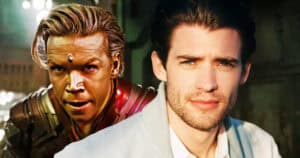
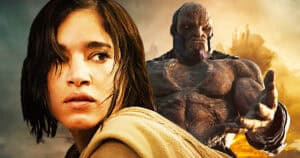



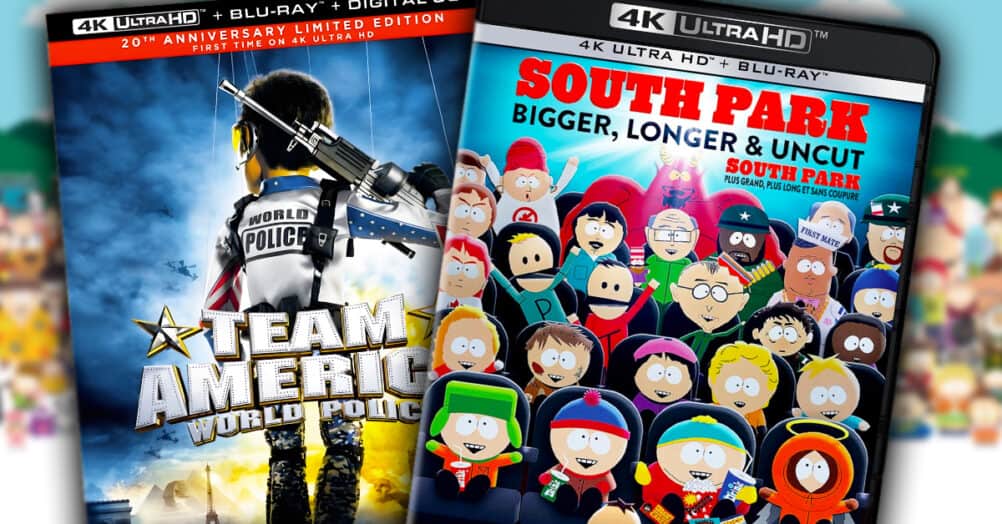
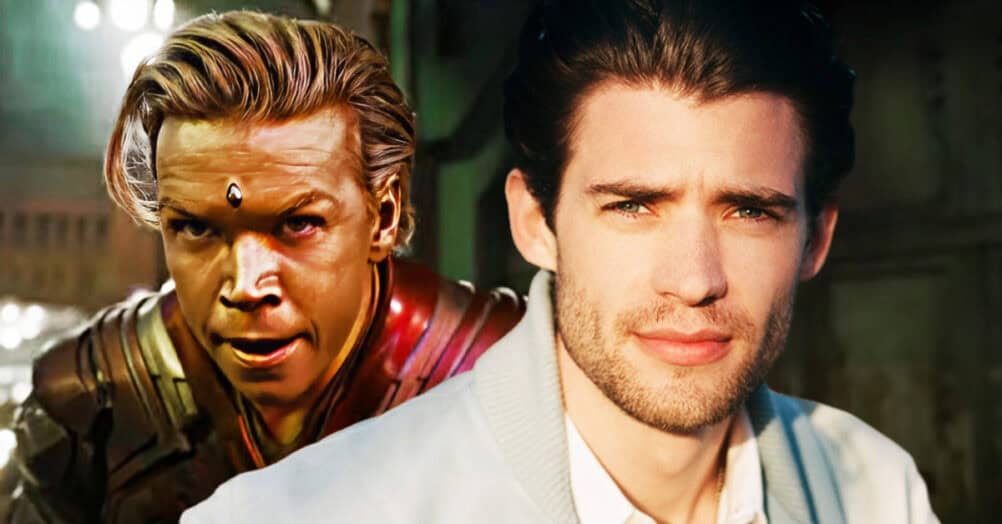
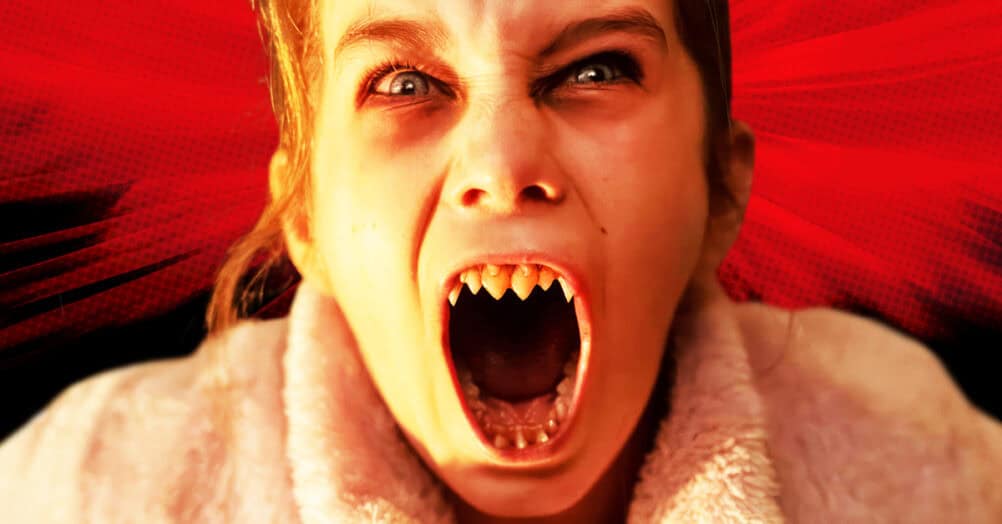
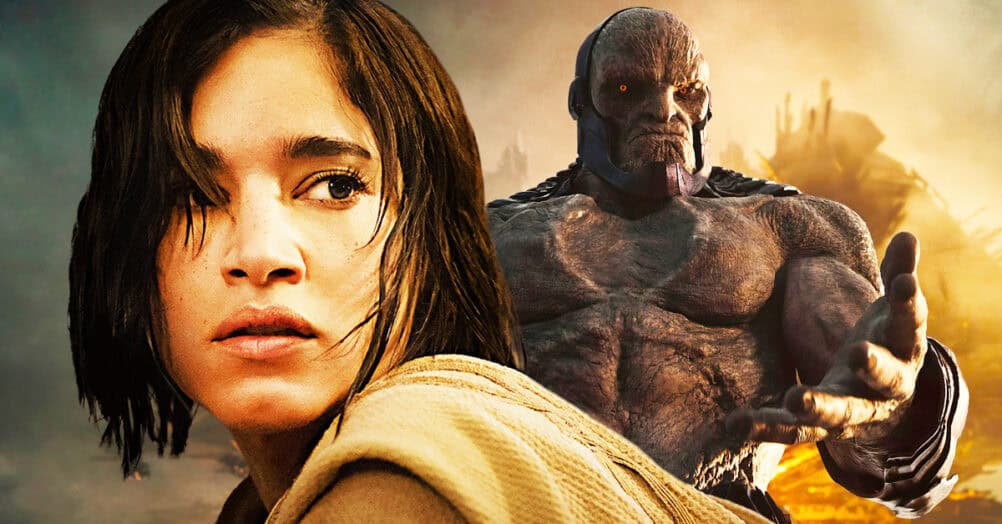
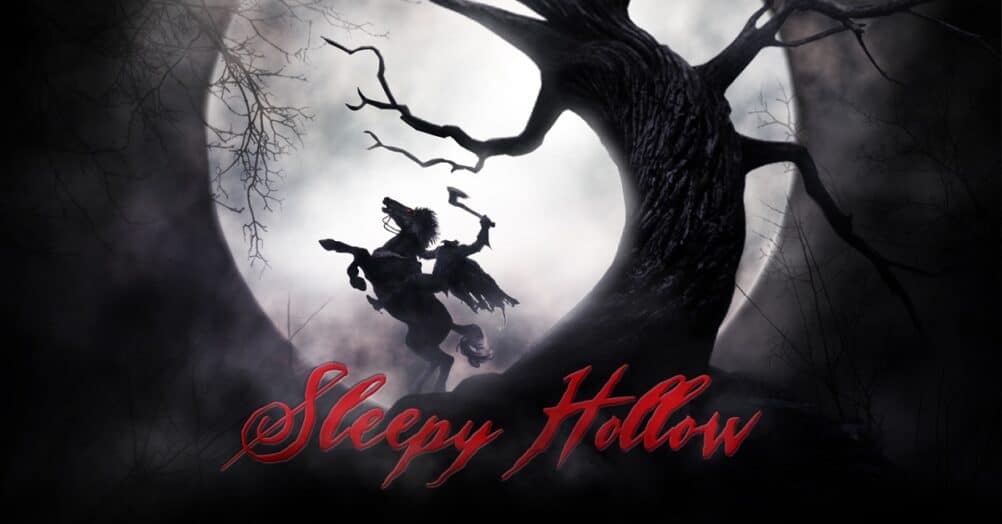
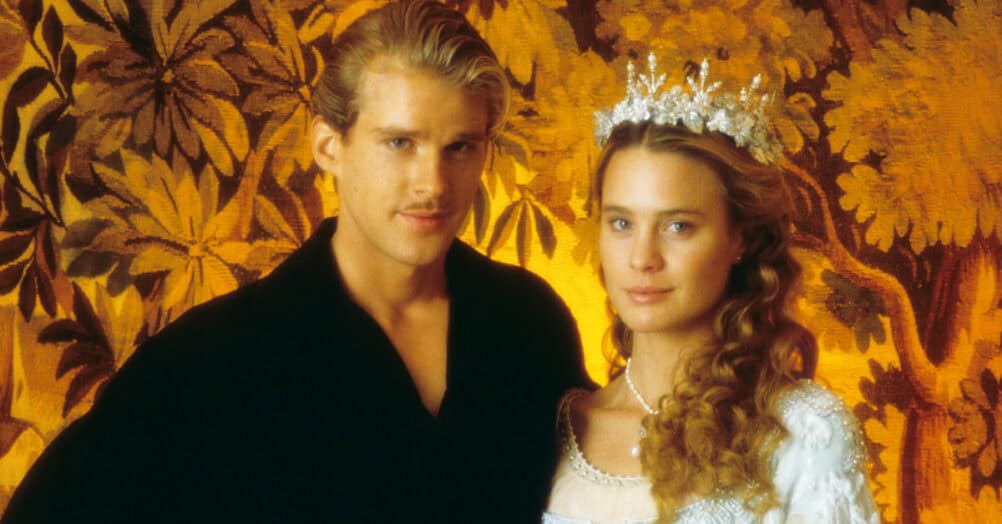
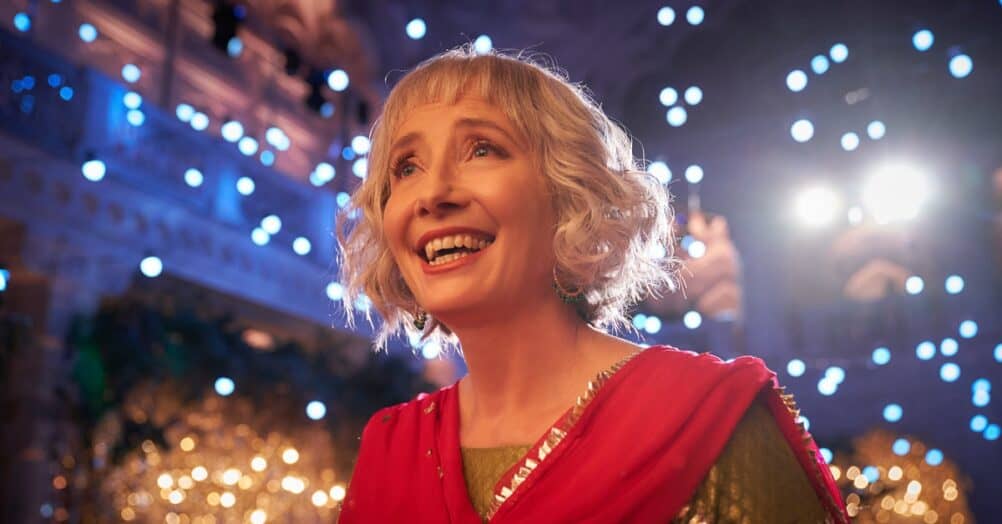
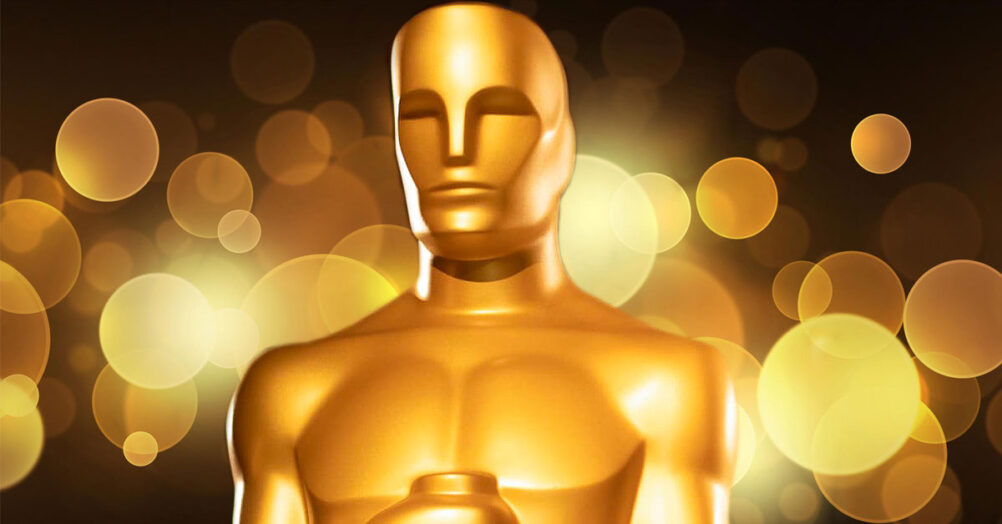
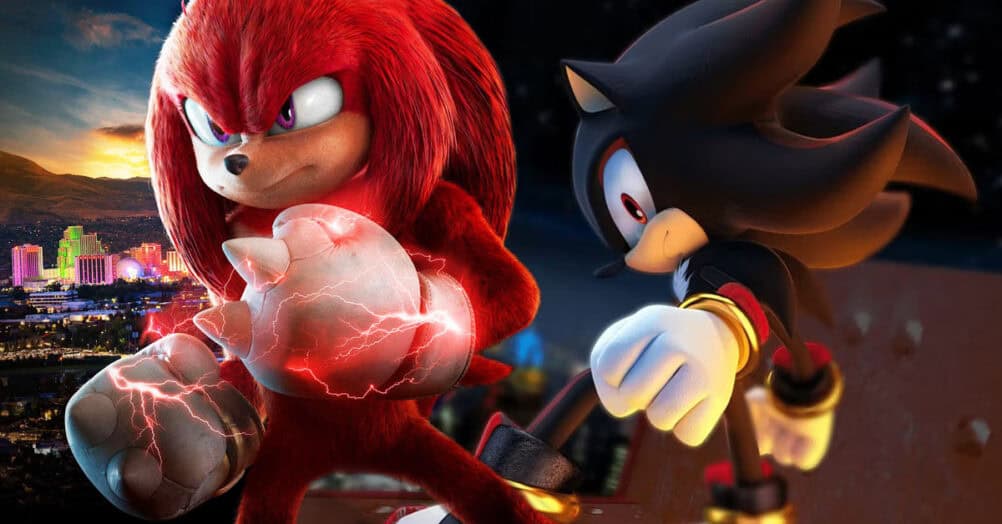
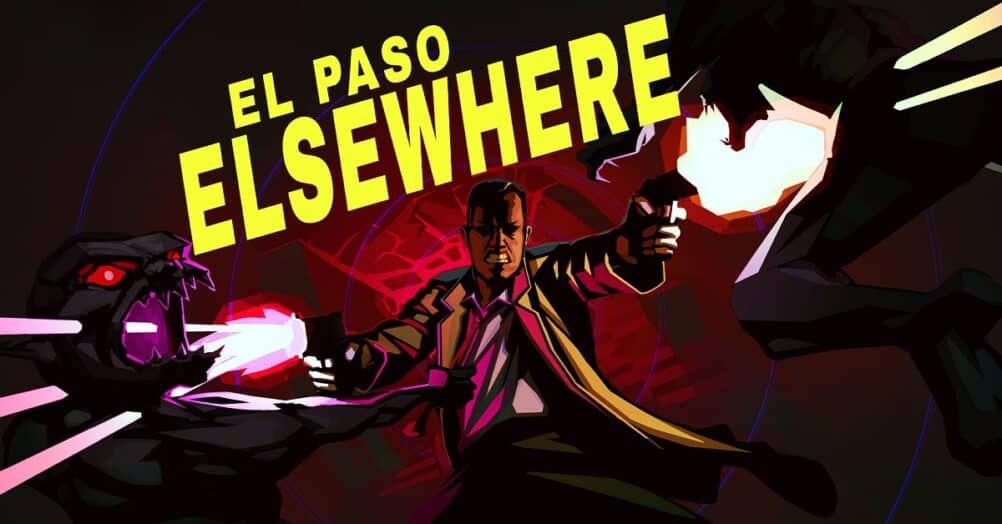
Follow the JOBLO MOVIE NETWORK
Follow us on YOUTUBE
Follow ARROW IN THE HEAD
Follow AITH on YOUTUBE